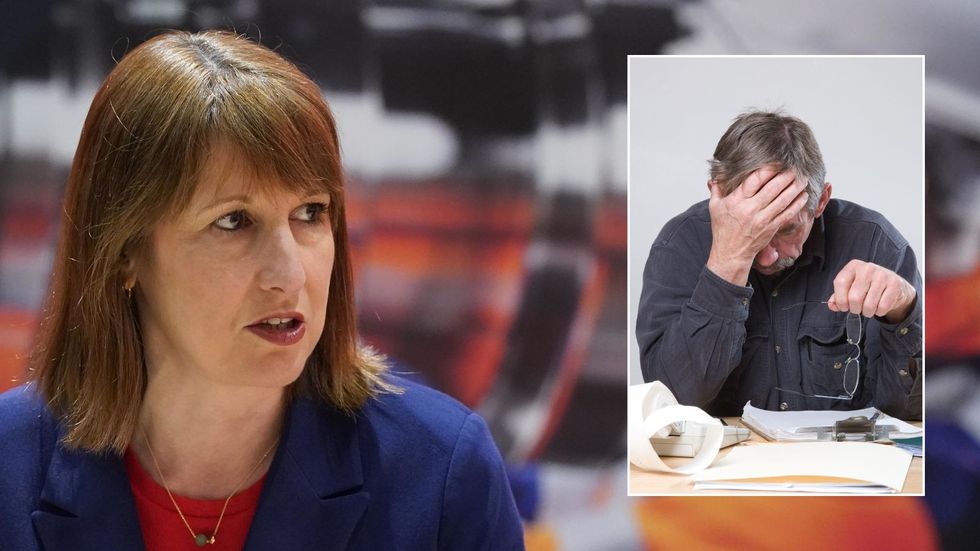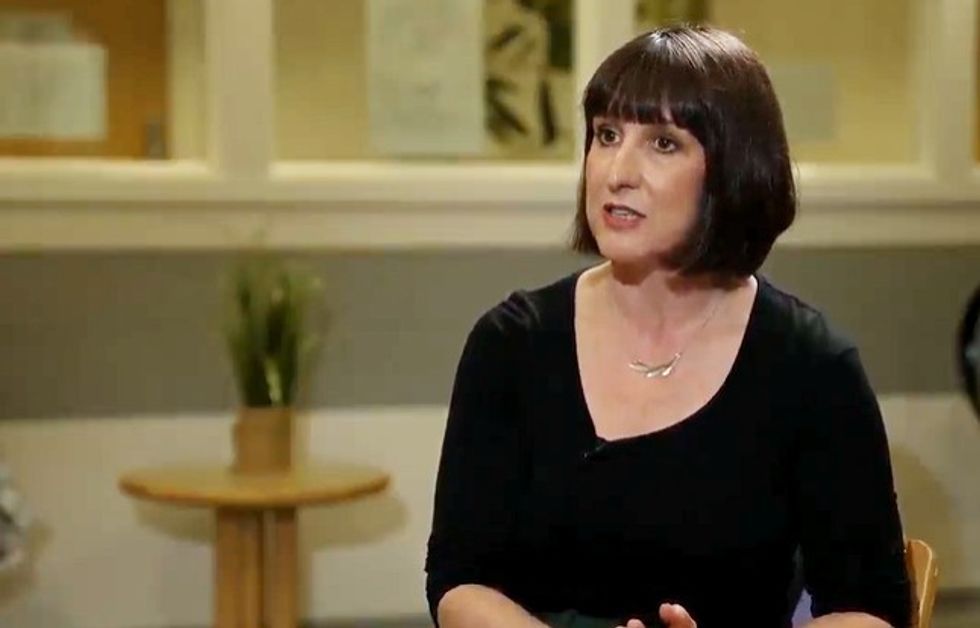Richard Holden - GP Bonus Scheme a “Gimmick” Amid Funding Shortfalls and Tax Hikes
GB NEWS
Analysts are sounding the alarm over how taxpayers will be impacted by fiscal drag unless Rachel Reeves takes action
Don't Miss
Most Read
Trending on GB News
More than 8.3 million Britons are set to be pulled into higher tax brackets within the next five years due to frozen tax thresholds, analysts are warning.
This phenomenon, known as "fiscal drag", occurs as workers' earnings or inflation increase while tax thresholds remain at the same rate.
The Office for Budget Responsibility (OBR) forecasts that millions will experience this effect by the 2029-30 financial year.
This issue stems from successive Governments' decisions to freeze tax thresholds, effectively creating what many describe as a "stealth tax" on working people.

Consecutive Governments, including under Rachel Reeves's time in the Treasury
GETTY
The freeze on tax thresholds thus functions as an invisible tax hike, catching millions of additional taxpayers. The current Income Tax bands in the UK are structured in four tiers.
As it stands, the Personal Allowance applies to income up to £12,570, which is taxed at zero per cent. Basic rate taxpayers earning between £12,571 and £50,270 pay 20 per cent on that portion of income.
Those in the higher rate band, earning between £50,271 and £125,140, face a 40 per cent tax rate. Anyone with income exceeding £125,140 falls into the Additional rate category, paying 45 per cent on earnings above this threshold.
Chancellor Rachel Reeves has announced plans to end the income tax threshold freeze in the 2028/29 fiscal year.
Do you have a money story you’d like to share? Get in touch by emailing money@gbnews.uk.

The Chancellor will scrap the "stealth tax" but not until the 2028/29 tax year
GB NEWSThis comes as the OBR projects that real household disposable income per capita will increase by an average of 0.5 per cent annually from 2025 to 2030.
In her Spring Statement, the Chancellor acknowledged that workers were "still feeling the pinch" amid the cost-of-living crisis.
However, she noted that new projections suggest "living standards will rise twice as fast this Parliament compared to last".
RHDI measures the purchasing power individuals have from their earnings and savings after accounting for inflation.
Despite the projected growth in disposable income, the OBR cautions that there will be significant fluctuations around the five-year average. Growth is expected to drop dramatically from approximately 2.5 per cent in 2024-25 to nearly zero by 2027-28.
Experts point to several contributing factors for this trend, including subdued wage increases as companies work to restore profit margins.
LATEST DEVELOPMENTS:
 Fiscal drag is dragging Britons into higher tax brackets GETTY
Fiscal drag is dragging Britons into higher tax brackets GETTY Additionally, wages are likely to be affected as firms transfer the burden of increased employer National Insurance contributions onto their employees.
In response to these economic challenges, the Government has stated: "We are also protecting payslips for working people by keeping our promise not to raise the basic, higher or additional rates of income tax, employee National Insurance or VAT."
The administration is promoting what it calls a 'Plan for Change', aimed at safeguarding individual incomes.
This strategy purportedly focuses on providing financial relief by "putting money back into the pockets of the public."








